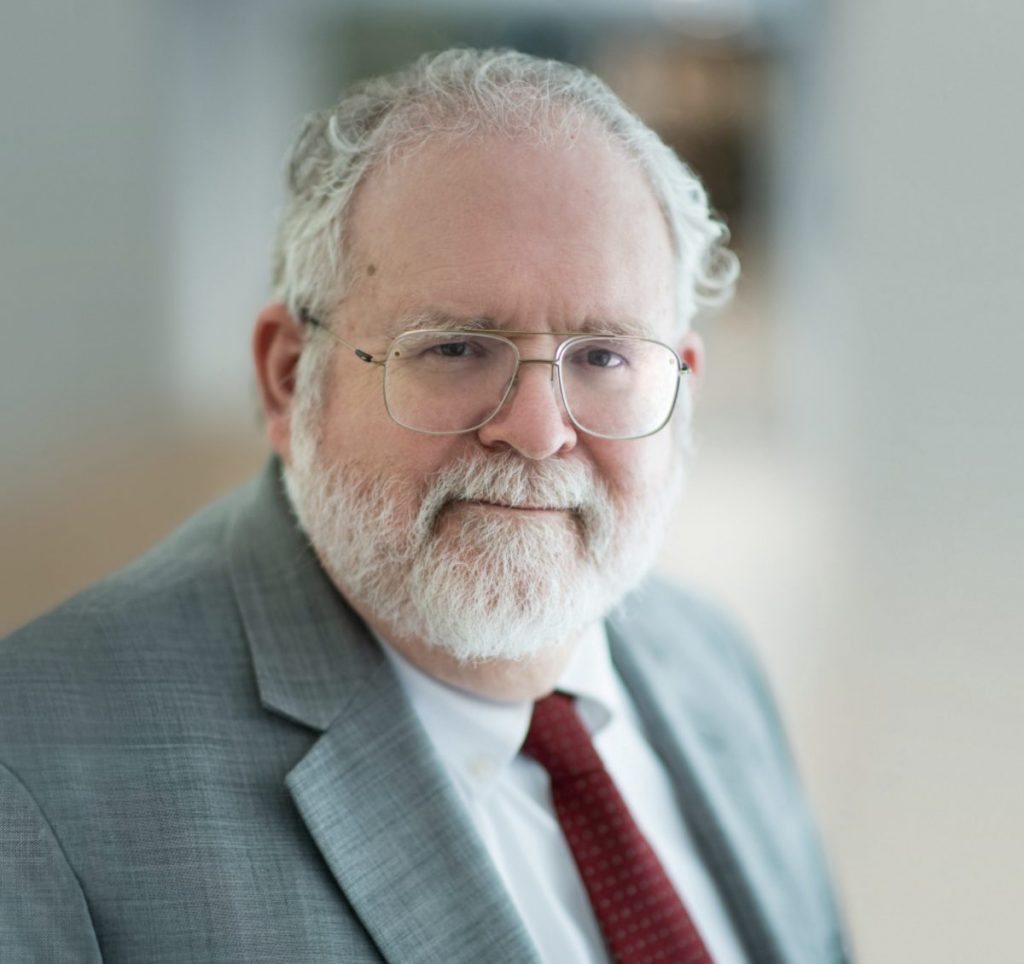
Julia Weber
Staff writer
As inflation rises and continues to take a serious toll on Americans, how long can the middle class hold on, and how does the United States’ rapidly changing economy impact its role at a global level?
Walter Russell Mead, a foreign policy expert and strategist, will provide his insight into the economic state of the country during his lecture at 10:45 a.m. today in the Amphitheater.
Mead is set to discuss the impact of the country’s ever-evolving economy on the middle class, what that means for other countries and what that means at a global level for the United States’ power.
The lecture aptly fits this week’s theme “Can the Center Hold? — A Question for Our Moment.” While other lectures focus on issues including the political landscape and family structure, Mead shifts the day’s focus to that of the economy – and by extension, the middle class. Jordan Steves, interim Emily and Richard Smucker Chair for Education, believes that Mead will bring an important philosophical perspective to Chautauqua Institution.
“We’re examining the center, but really trying to get beyond what a lot of people think of when you say center, which is politics,” Steves said, and the hope is that this week’s programming encourages people to consider a more expansive view of the center at a conceptual level.
“Does it mean average, does it mean stable, does it mean status quo?” Steves said. “Should we be anchored to it? Should we not be anchored to it, in some cases?”
The American middle class is frequently viewed as a driving force in the United States and a grounding presence, or center of sorts, within the economy.
Mead will bring a statesmanship perspective to a well-covered and heavily-discussed issue, providing a fresh perspective on the broader ramifications of the economy in the United States.
Mead serves as the Ravenel B. Curry III Distinguished Fellow at Hudson Institute and the James Clarke Chase Professor of Foreign Affairs and Humanities at Bard College.
At The Wall Street Journal, Mead writes for “Global View,” a foreign policy column. Through “Global View,” he often discusses domestic strategy and policy and offers commentary on countries including Russia, China, Britain, Ukraine, Japan and Israel.
As an author, Mead has written Special Providence: American Foreign Policy and How It Changed the World, and God and Gold: Britain, America and the Making of the Modern World.
Most recently, Mead wrote The Arc of A Covenant: The United States, Israel, and the Fate of the Jewish People, which was published last year.
In an interview with historian Harry Kreisler, Mead said while the country is sometimes reluctant to change, the economy propels America forward.
“Our economy is a transformative revolutionary force, and our democratic ideology is a transformative revolutionary force,” Mead told Kreisler. “So we are changing everything with the one hand, and with the other we’re trying to keep everything the same.”
Through his insight into the domestic economy and its broader ramifications on the world stage, Mead will examine the relationship between economics and domestic policy, international relations, what it means for us as a country and how we can maintain balance in an increasingly precarious world.




